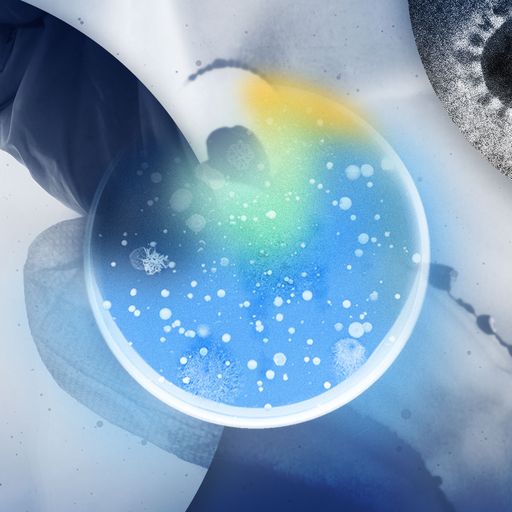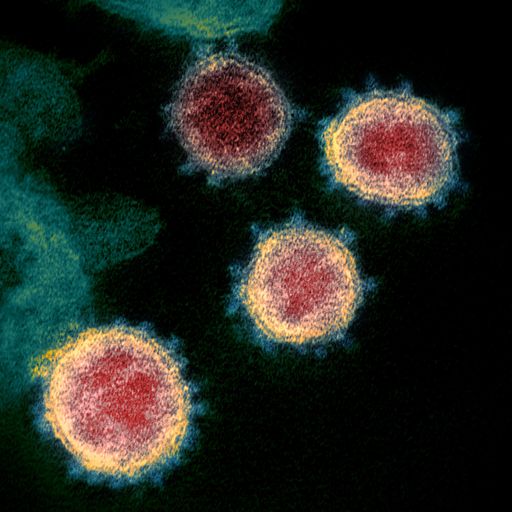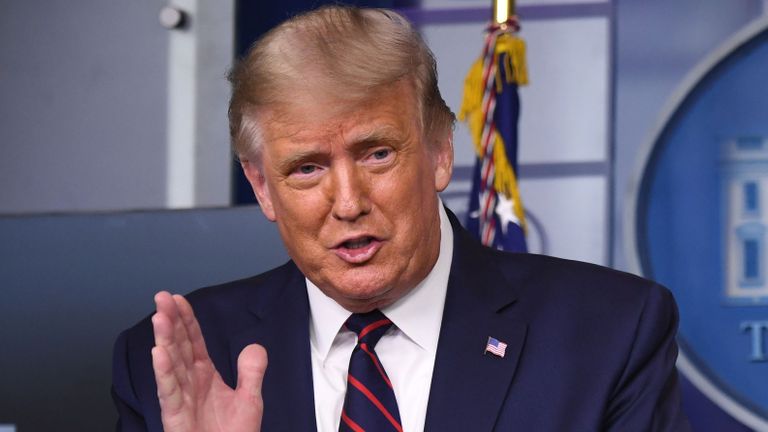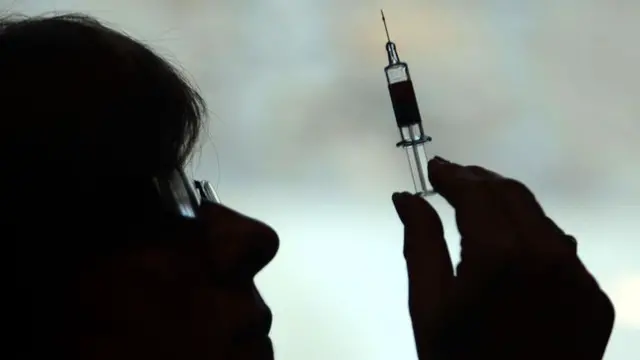Volunteers have been given the first doses of a new drug being trialled to help prevent and treat COVID-19, pharmaceutical giant AstraZeneca has said.
The company, which is also developing a coronavirus vaccine with scientists at Oxford University, said the drug known as AZD7442 is a combination of two monoclonal antibodies.
AstraZeneca said the phase one clinical trial is an "important milestone" for the drug, which has the potential to act as a preventative for people exposed to COVID-19, as well as to treat patients already infected with the virus.
The trial, which includes up to 48 healthy volunteers in the UK aged 18 to 55, is looking at the safety of the treatment, as well as the body's reaction to the drug and how it processes it.
America's top infectious diseases expert, Dr Anthony Fauci, has called monoclonal antibodies "almost a sure bet" against COVID-19.
A monoclonal antibody combination works by mimicking the body's natural antibodies, and current uses include treatment of some types of cancers.
In the trial, the antibodies come from patients infected with coronavirus and were discovered by Vanderbilt University Medical Centre in the US, before being licensed to AstraZeneca.

The pharmaceutical company said it then boosts the combined antibodies so that they "afford at least six months of protection from COVID-19".
AstraZeneca received $23.7m (£17.8m) in funding in June from US government agencies to advance the development of antibody-based treatments for the virus.
Mene Pangalos, the firm's executive vice-president of biopharmaceuticals research and development, said: "This trial is an important milestone in the development of our monoclonal antibody combination to prevent or treat COVID-19.

"This combination of antibodies, coupled to our proprietary half-life extension technology, has the potential to improve both the effectiveness and durability of use, in addition to reducing the likelihood of viral resistance."
If the trial is successful, AstraZeneca said it would look to move the treatment to late-stage phase two and phase three trials.
It comes after Downing Street said the UK would be first in line for the coronavirus vaccine developed by Oxford University and AstraZeneca, once approved.
This followed reports that US President Donald Trump was considering granting emergency authorisation for it to be fast-tracked in America.

Image: Donald Trump is reportedly considering fast-tracking approval of a possible coronavirus vaccine
Meanwhile, the director of the Oxford Vaccine Group has said it is "just possible" that there may be enough clinical trial data on a vaccine to put before regulators this year.
The comments come after England's chief medical officer, Professor Chris Whitty, said a vaccine for coronavirus may not be ready until next winter.
Professor Andrew Pollard told BBC Radio 4's Today programme that Prof Whitty is "quite rightly being cautious", but added: "It is also just possible that if the cases accrue rapidly in the clinical trials that we could have that data to put before regulators this year, and then there would be a process that they go through in order to make a full assessment of the data."
Prof Pollard said he hoped that 50,000 people would be involved in the clinical trial for the Oxford University COVID-19 vaccine candidate.
(CGTN)
 简体中文
简体中文

